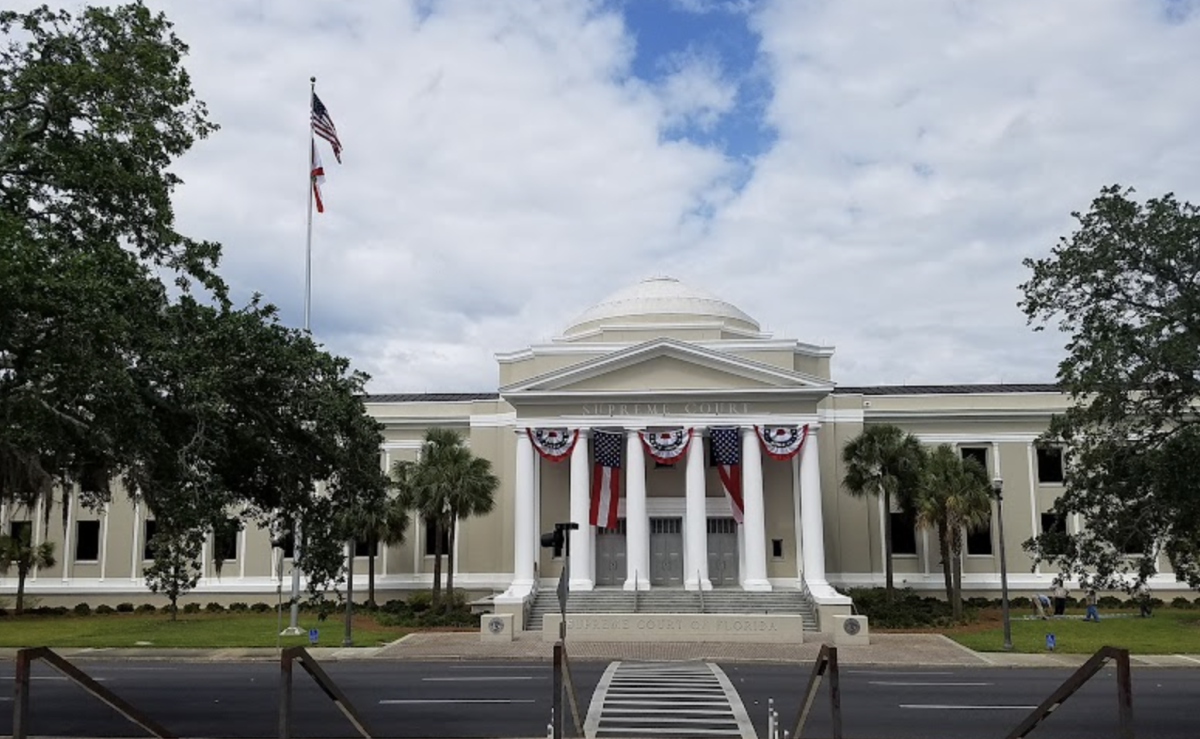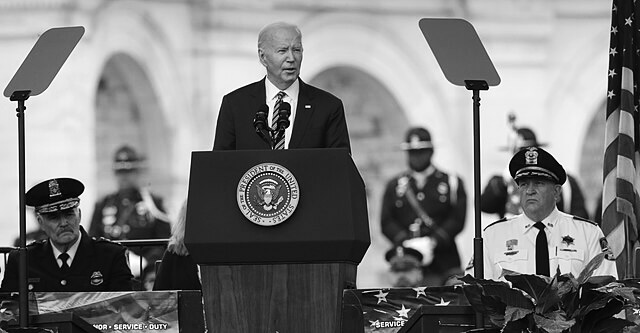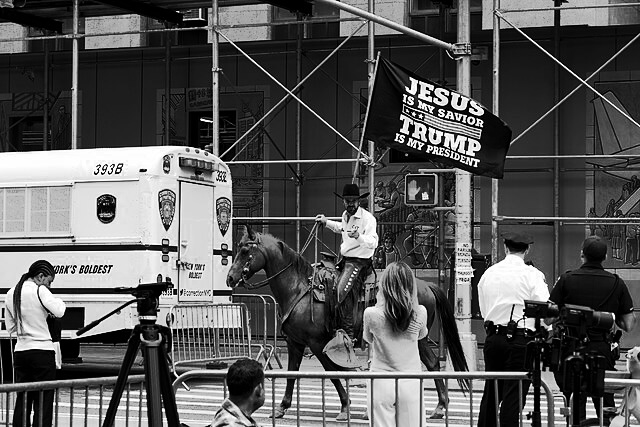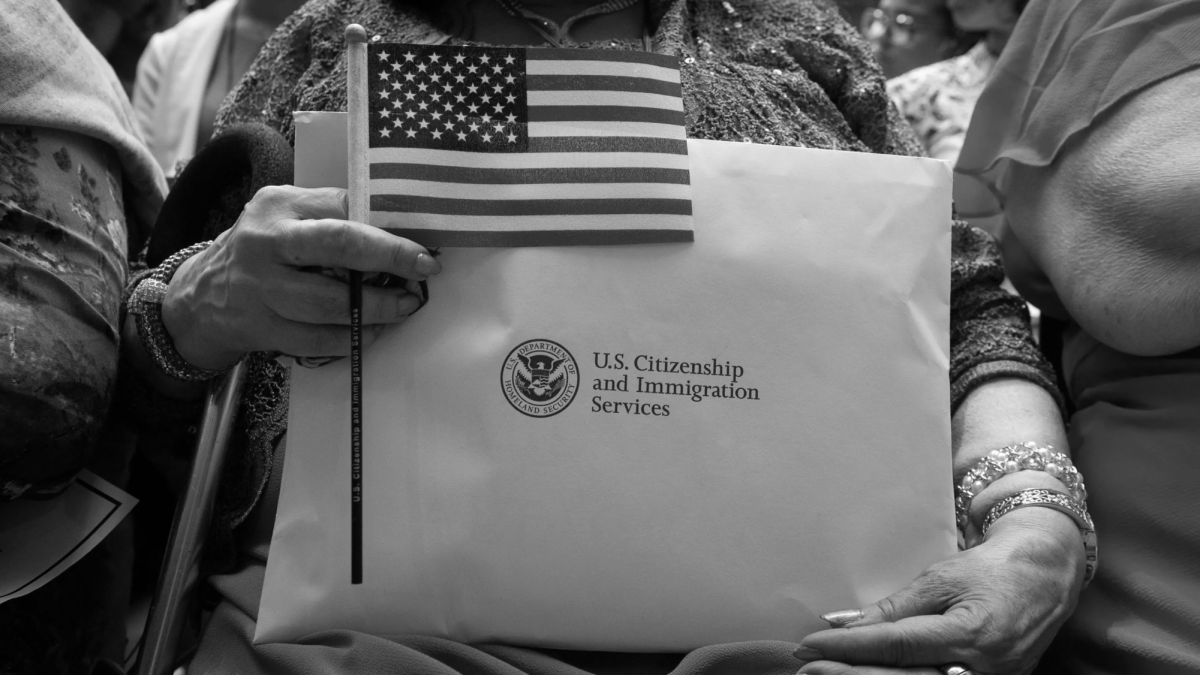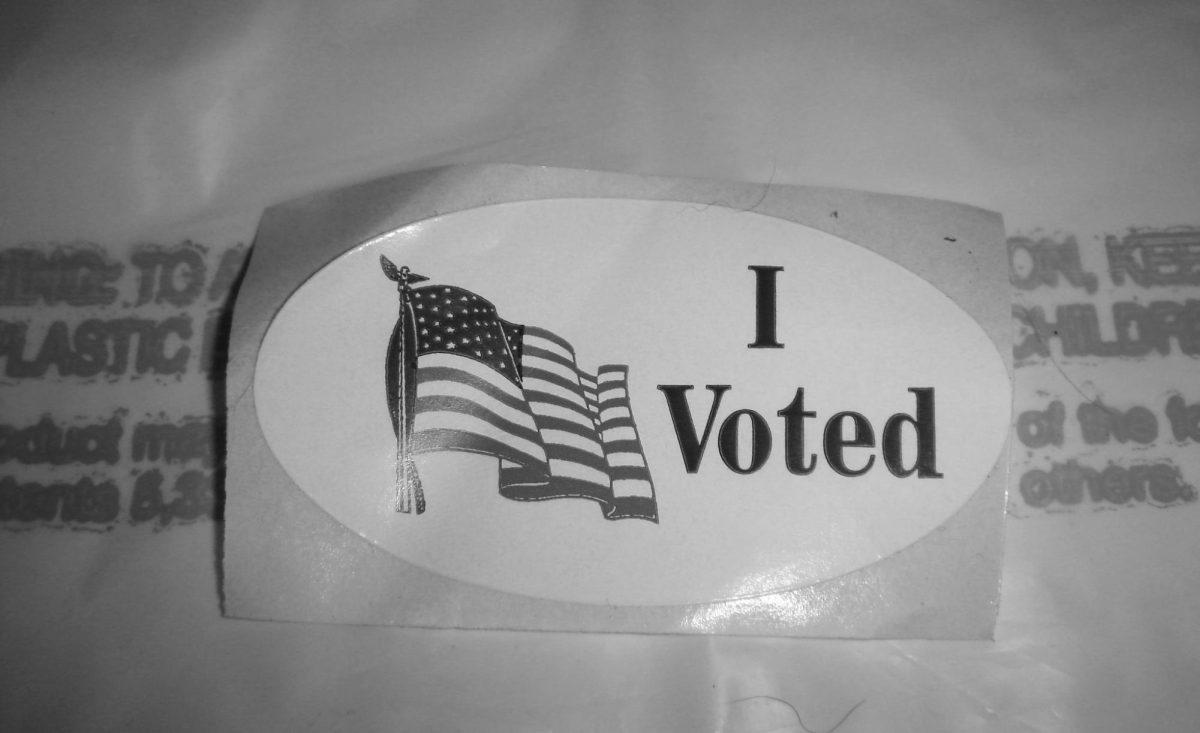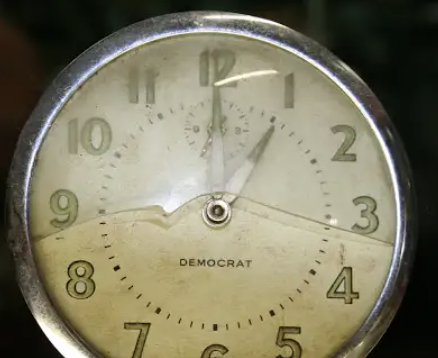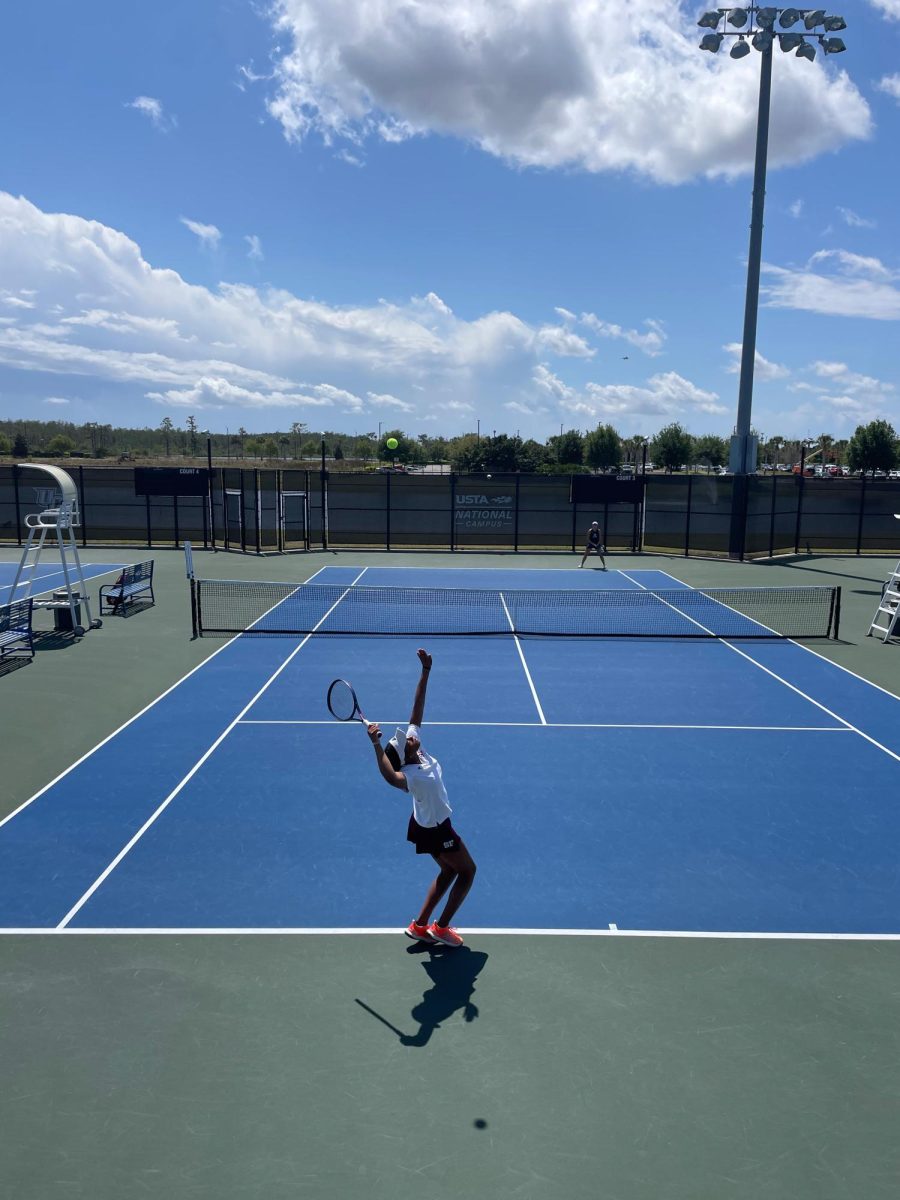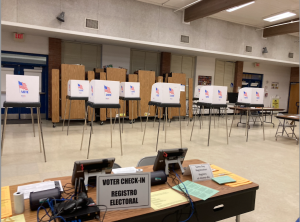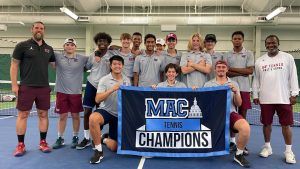Con: Should Non-D.C. Residents Be Allowed To Vote in Local Elections?
March 30, 2023
In October, the D.C. Council passed the Local Resident Voting Rights Amendment Act, allowing anyone who has resided in the city longer than 30 days to vote in local elections. The House recently passed a bill that would negate this act, yet the Senate’s review period of the bill ended in March without significant action. Though the bill has become law, threats remain.
This act has undeniable benefits: the citizenship process is deeply flawed, exploiting post-colonial nations and supplying companies with cheap labor amid strikes. This act is a promising step for representation. However, as House Republicans have shown, progress will always be met with heavy resistance and, as a result, the act poses a threat to more instrumental future steps, such as statehood.
Statehood for Washington remains a far-off goal, especially with current partisan division, as giving two more seats to a Democrat-controlled district is a deal-breaker for Republicans. Until Washington can provide viable protection to counteract the rampant xenophobia that this act will fuel, the fight for more equitable representation will be a losing battle. Washington will be sensationalized in headlines as a negative archetype of liberalism, thus becoming a target for the fears of the racist right-wing, hindering hopes for legitimate legislative progress. It may be best to let the act die and avoid additional conservative pontification.
While we should not fear outsized Republican reactions, we must also be careful. Backlash sours public opinion against policies, regardless of their popularity. With contentious topics like immigration, too strong of a push can have the inverse effect of halting progress. Many Americans are scared of major shifts to the status quo, and when surrounded by latent political paranoia, it will take greater effort to sway them. This act is demonstrably progressive, and in a better world, we would not have representatives who discriminate against immigrants. Pushing for this act will only inflame conservative opposition and make it almost impossible for a more universal step, such as statehood, to pass later.
The act is not inherently flawed for its failure, but rather the system surrounding it. While this act is a futile cause, Washington voters can focus on ensuring that the next time a similar step toward better representation is proposed, we are prepared to pass it. This means shifting the social narrative by asserting that greater voter representation is not a threat to our process of naturalization but a key facet of democracy. A pragmatic approach does not mean that we abandon progressive legislation, but rather that we pick our fights wisely.






